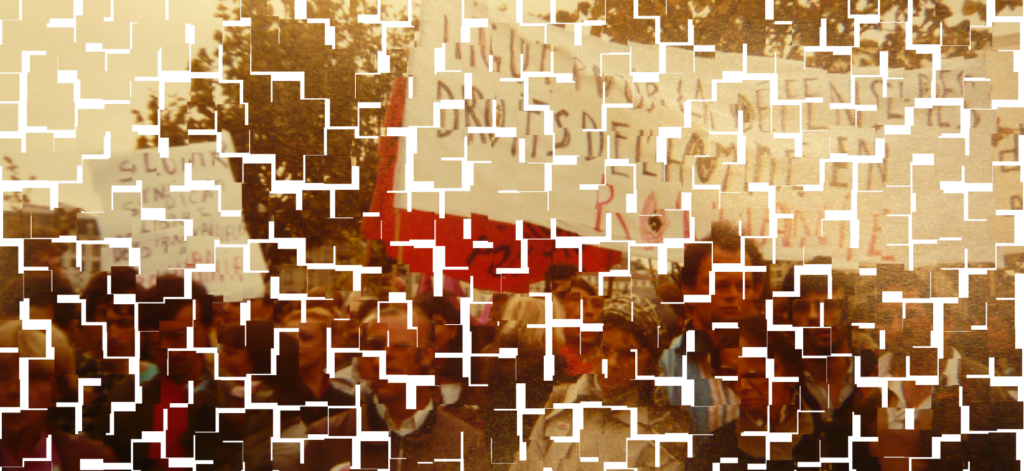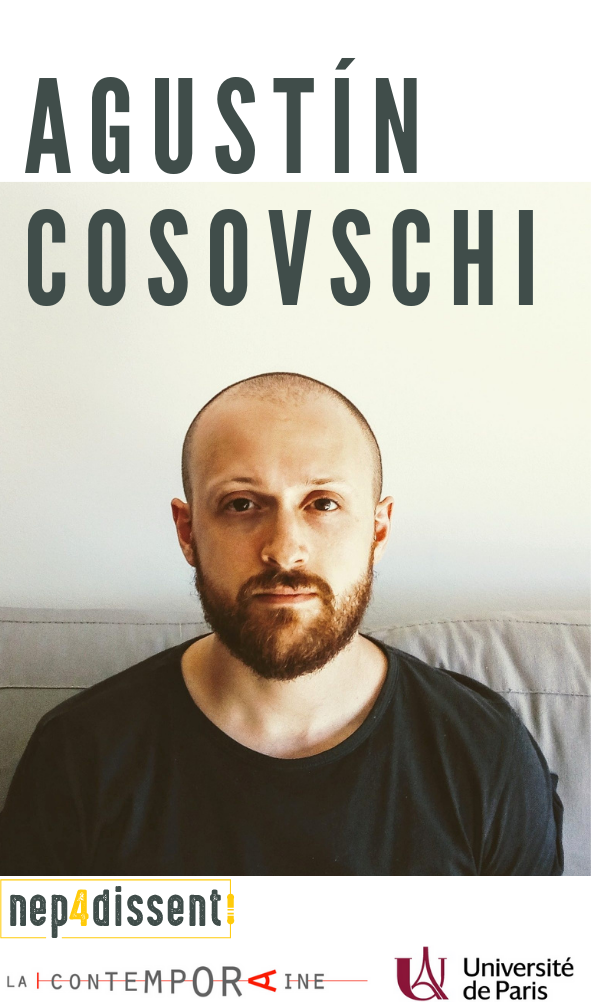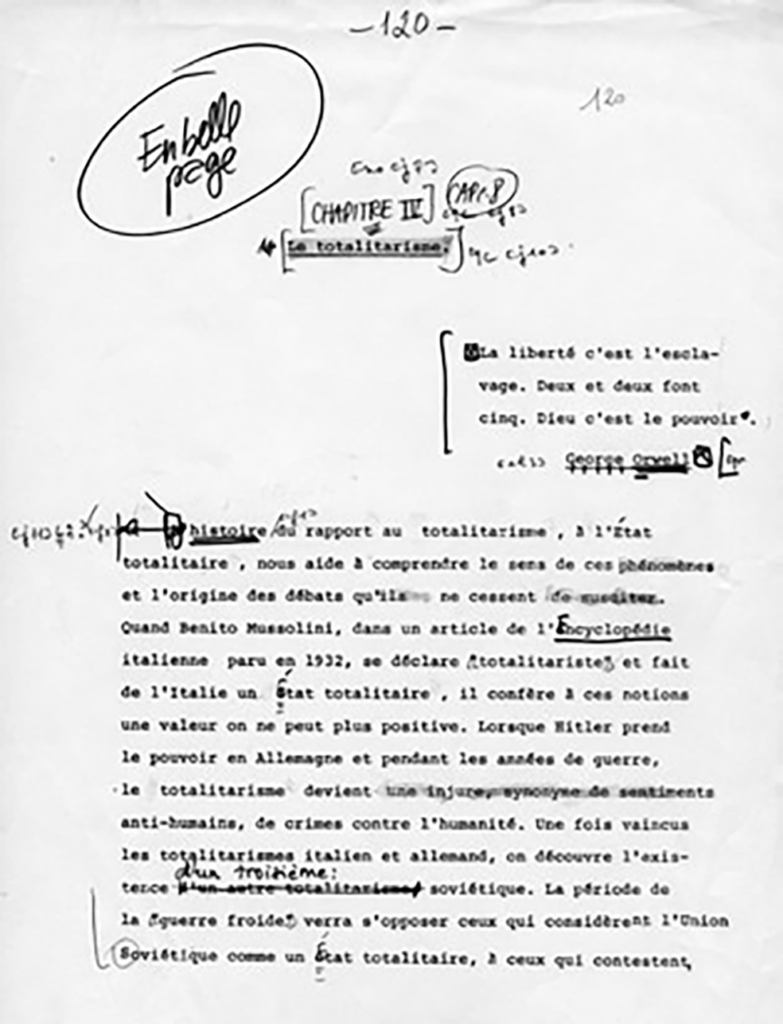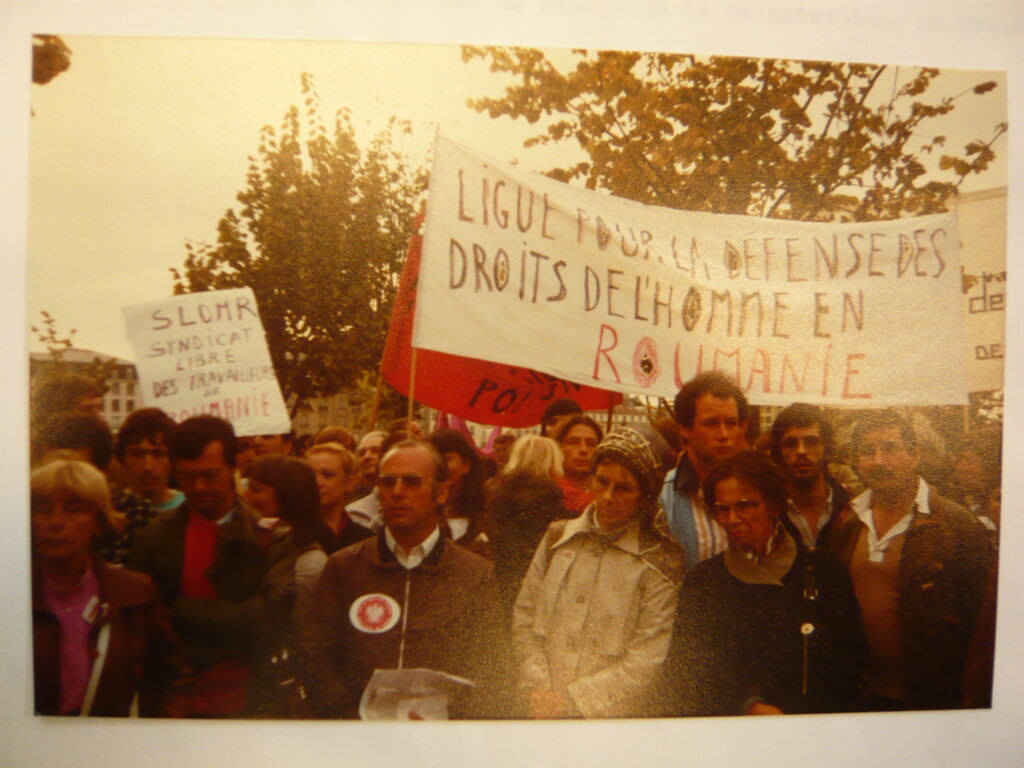DISSINVENT: A Project on the Archival Collections of Eastern European Dissidents in France
Author: Agustín Cosovschi
22/06/2021


DISSINVENT is a project funded by the CollEx Persée and carried out by the library La contemporaine in Nanterre and the University of Paris, also supported by a wide network of partner institutions in France, aims to identify the archival fonds and collections produced by Eastern European dissidents exiled in France between 1945 and 1991. The project also works toward improving their accessibility and visibility and more generally, it aims to encourage collaboration between researchers and experts in archival management.
Since the beginning of the project in November 2020, we have identified dozens of archival collections, we have developed a fruitful dialogue with several associations that manage the cultural heritage of Eastern European dissidents in France, and we have systematically disseminated information about these collections and about the history of dissidence through La contemporaine’s blog and via DISSINVENT’s Twitter account.
Drawing to a certain extent on the experience of COURAGE project, we combined desk research with the use of questionnaires and personal interviews. This allowed us to identify so far 30 collections. Although some of these are still being processed and are temporarily unavailable, most of them are already catalogued and accessible to the public. Yet, many of them remain unknown or little visible to researchers and students, which has made our task all the more relevant. A considerable part of these collections can be found at La contemporaine, which holds among others the archival fond of Soviet historian Michel Heller, the archives the Russian magazine Kontinent established in Paris by writer Vladimir Maksimov in the 1970s, a vast collection produced by Czechoslovak dissident Jan Tesař with documents coming from Czechoslovak political and intellectual life, and the archives of the Romanian League of Human Rights, a dissident organization of the Romanian exile operating in Paris during the 1970s and 1980s.
Furthermore, we have identified a significant number of archival fonds that often go unseen in research on the history of dissidence, to a certain extent because their producers are not commonly associated with the classical idea of the dissident as political militant with an active commitment against Eastern European socialist regimes. One of the most notable cases is here the one of Romanian philosopher Emil Cioran, commonly studied in France as a member of the local traditions of pessimistic and existentialist philosophy, but less frequently included in accounts of the history of dissidence. His archival fond is perhaps one of the vastest and is currently kept in the holdings of the Bibliothèque littéraire Jacques Doucet, which also holds other collections related to the Romanian exile, such as the personal fond of the writer Ghérasim Luca.
France being a country with a long and rich tradition of associational life, our project has put much effort in exploring the world of cultural and social associations connected to the Eastern European diaspora. The Institute Kultura in Maisons-Laffitte, which holds the vast collections of Polish dissident Jerzy Giedroyc and the archives of the magazines Kultura and Zeszyty Historyczne, is a particularly notable case. The Bibliothèque polonaise, an essential institution of the Polish community in France, holds the archives of the Association de solidarité France-Pologne, an important organization created in the early 1980s to support Polish dissidents. Moreover, the Maison de la culture Yiddish holds the archival fonds of several Jewish writers who left Eastern Europe after 1945, such as the collections of writer Lili Berger, who left Poland after the anti-Semitic unrest of 1968. The inclusion of these latter fonds in our inventories is particularly meaningful, as Jewish émigrés are often left out of historical analyses of the Eastern European dissidence and exile in France.
Lastly, we have also been able to identify a number of collections that are kept by private individuals and are for the most part inaccessible to the public, and we are currently working toward improving their accessibility. For instance, one of the former editors of Iztok, an important anarchist magazine published by Bulgarian, Romanian and French anarchist militants in the 1980s, has recently accepted to donate the archives of the group to La contemporaine.
All in all, the first year of the project has been most fruitful. A data set containing the list of these collections with information about their producers, their contents and their accessibility will be shared online next year. We hope that this will help researchers working on the history of dissidence, also allowing us to improve online catalogues in France and to disseminate these collections among academic and non-academic audiences.
Agustín Cosovschi is a historian working on political and intellectual history, with a primary focus on Southeast Europe. He is currently a postdoctoral research assistant at the project DISSINVENT (La contemporaine – Université de Paris) and a fellow at the project “Photographing Revolution: Images of Cuban Solidarity in Transnational Contexts” funded by the Social Sciences and Humanities Research Council of Canada. He is also a research associate at the Centre d’Études Turques, Ottomanes, Balkaniques et Centrasiatiques in Paris.
Further information about DISSINVENT project
- Sophie Coeuré, scientific director: sophie.coeure@u-paris.fr
- Agustin Cosovschi, research assistant: acosovschi@gmail.com
- https://www.collexpersee.eu/projet/dissinvent/
- https://lcbam.hypotheses.org/category/dissinvent
- https://twitter.com/dissinvent

Cite this article: Cosovschi, Agustín. “DISSINVENT: A Project on the Archival Collections of Eastern European Dissidents in France.” BLOG4DISSENT, 22 June, 2021. https://nep4dissent.eu/blog4dissent/agustin-cosovschi-dissinvent-project/



